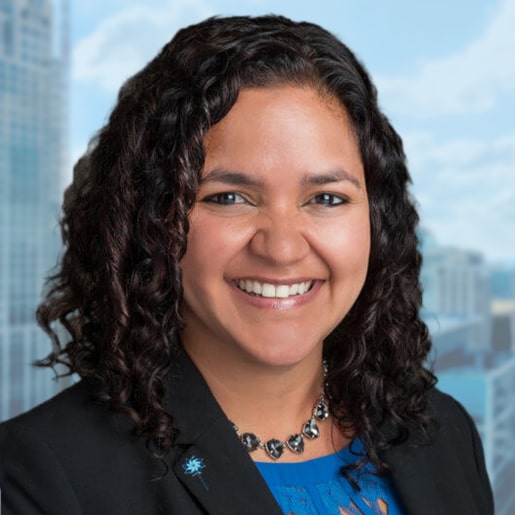Our commitment to keeping children safe now includes a partnership with the Doris Duke Fellowship for the Promotion of Child Well-Being, administered by Chapin Hall at the University of Chicago.
All families want what is best for their children, but the COVID-19 pandemic, and the economic downturn in its wake, has created enormous barriers for families to achieve that goal. School closings, stay-at-home orders, and extensive job losses or pay cuts put tremendous strain and stress on families, increasing child abuse risk for many children.
With school closings and community centers, libraries, and other communal gathering places shut down, experts have expressed concern that those legally mandated to report suspected abuse, such as teachers and social workers, have severely limited access to children. Reports of child abuse have dropped during the pandemic—varying from 30 to 70 percent, depending on the state—leading professionals to believe that thousands of children are at risk and not getting the protection they need. Further, hospitals across the country report a surge in severe child abuse cases in emergency rooms.
The partnership, Advancing Child Abuse Prevention: Effective Strategies for Navigating Difficult Times and Beyond, unites a network of 120 emerging scholars from the Doris Duke Fellowship for the Promotion of Child Well-Being with Prevent Child Abuse America (PCA America). The partnership includes collecting and disseminating cutting-edge tips and information on ways to support families, professionals, and the systems that serve children and families to keep America’s children safe from abuse and neglect in these challenging times and beyond.
A recently created resource page highlights content developed by Doris Duke Fellows and members of PCA America’s chapter network with an emphasis on information to help parents and caregivers, and programs and professionals, including:
- Support for professionals transitioning to virtual platforms in their work with families;
- Parenting tips for managing parental stress, addressing child behavior problems, and more;
- Professional resources to support families (e.g., food, shelter, unemployment benefits, loan forgiveness);
- Advocating for policies to support systems, communities, families, and children during the COVID-19 crisis and beyond; and
- Addressing workforce issues such as secondary trauma and self-care.
The partnership has also delivered several tools, including:
- Toolkits for educators, child welfare and prevention professionals, parents, and the general public created by PCA America chapters;
- Web-based information, available on a dedicated page of the PCA America website, and, when appropriate, on the Doris Duke Fellowship website; and
- A webinar series to share promising innovations and potential lines of research with the broader child abuse prevention community and ongoing summaries examining lessons learned regarding child abuse prevention systems across the country
While the collaboration aims at providing research-informed tactics to guide families, practitioners, and advocates through the pandemic-stricken situation, national racial and civil unrest, and the upheaval caused by natural disasters, it also has long-term applications.
More information on ways to promote safe, stable, nurturing relationships and environments for all children, families, and communities is available in our Resource Library.



